Search
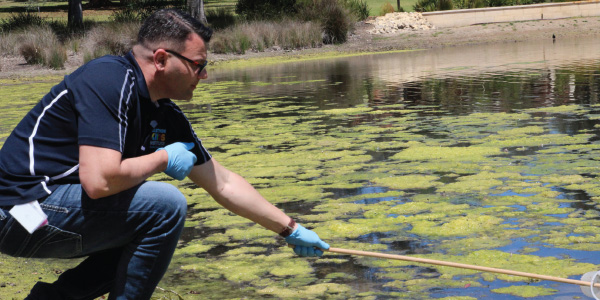
Cystic fibrosis (CF) researchers are working hard to progress phage therapy as an alternative treatment to antibiotics in people with CF who develop life-threatening lung infections.
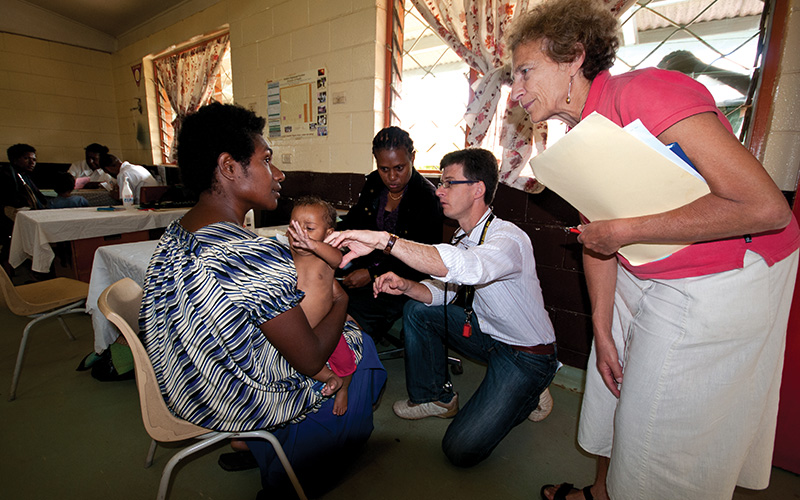
New research has revealed the extraordinary impact of a collaborative project between The Kids Research Institute Australia and the Papua New Guinea Institute of Medical Research, with rates of hospitalisation for pneumonia dropping by nearly 60 per cent thanks to the introduction of the pneumococcal vaccine
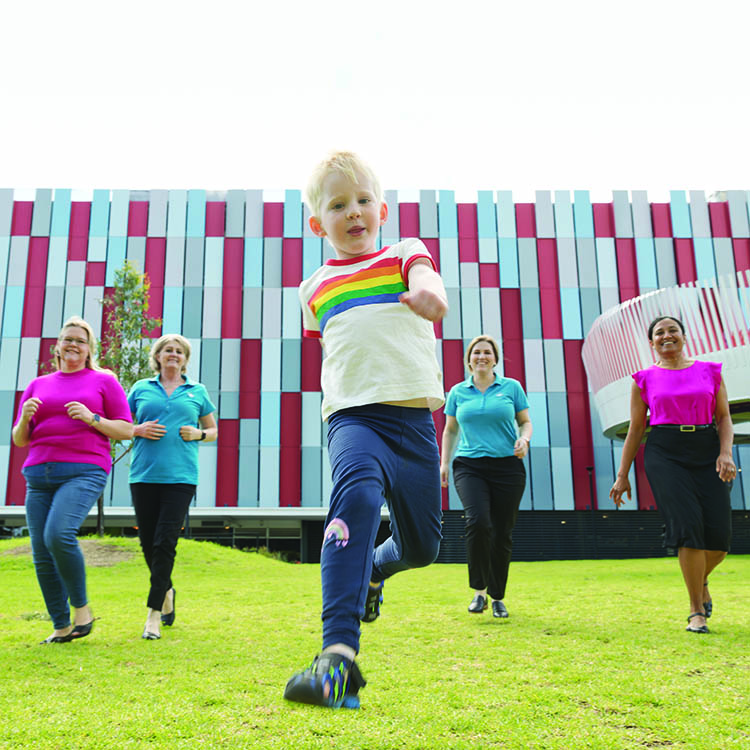
A world-first study led by Dr Aveni Haynes at The Kids’ Rio Tinto Children’s Diabetes Centre, is helping to detect early changes in blood sugar levels.

A The Kids Research Institute Australia study has found the average six-month-old Australian baby has more than one hour of screen time each day.

Within the Institute, we have a commitment to the highest standards of research with pro-active staff ensuring the lab environment is safe and secure.
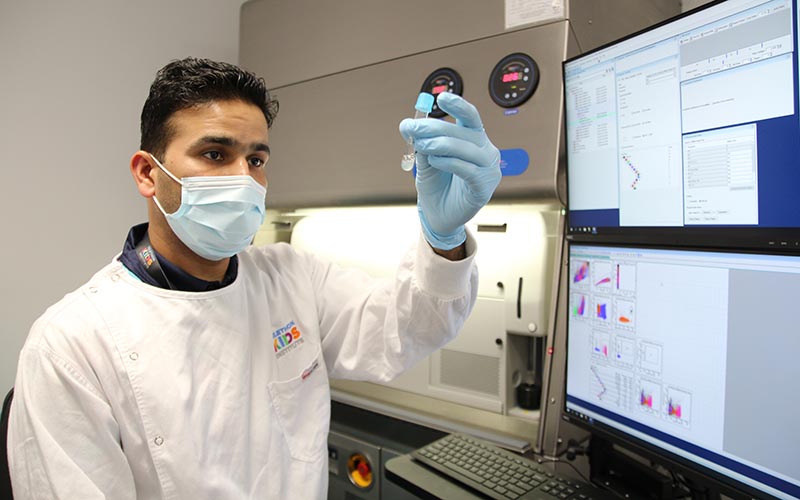
Flow cytometry is a technology used to measure complex cell phenotype and functions. Our Flow Facility is equipped with 3 flow cytometers/analysers, one...
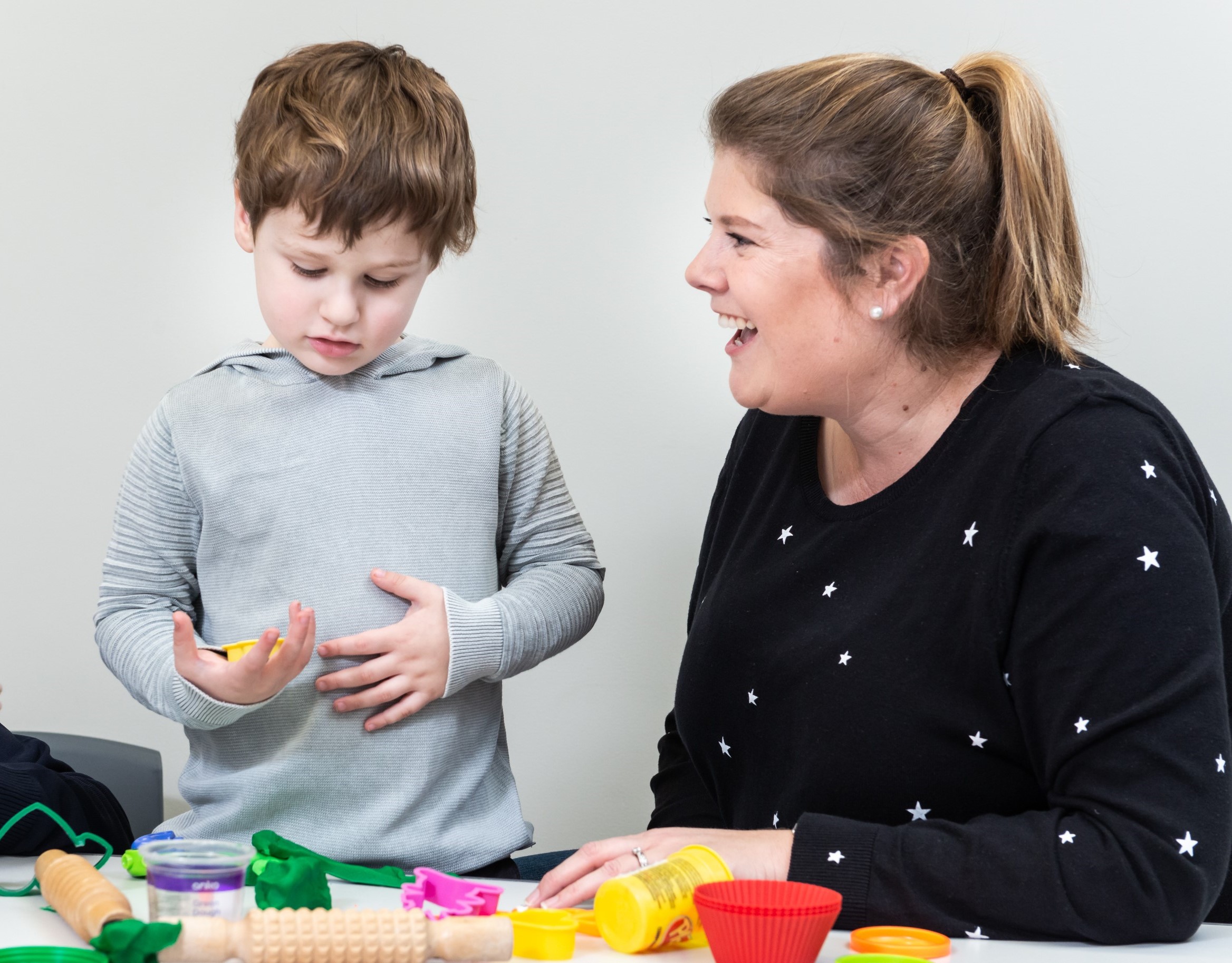
At CliniKids, we offer a communication therapy called PACT to caregivers of children who would like some additional support to understand their child’s communication.

News & Events
Embracing World Mental Health DayEmbrace @ The Kids Research Institute Australia Senior Researcher Dr Alix Woolard and Co-Director Professor Helen Milroy.

News & Events
Embrace Big Idea 2023 winners announcedPhoto (clockwise from top-left): Dr Craig Taplin, Mx Rigel Paciente, Ms Heather Roby, Dr Keely Bebbington, Dr Alix Woolard.

News & Events
Youth Sanctuary to open in SubiacoMental Health Minister Amber-Jade Sanderson presents funding that will enable the Youth Sanctuary to open later this year.
